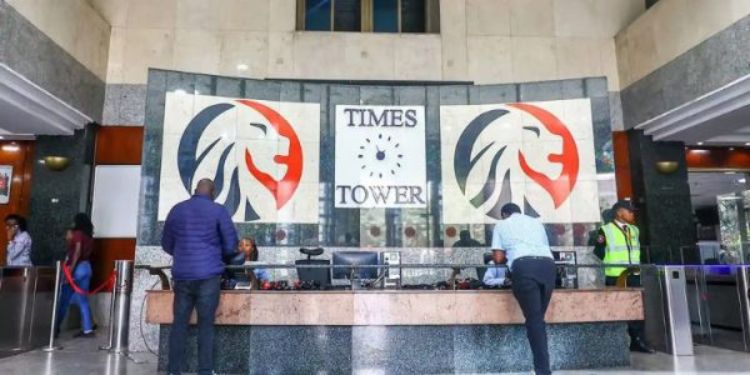The Kenya Revenue Authority (KRA) has announced major changes affecting income returns for Kenyans.
KRA, in a notice on November 7, 2025, announced that it will begin validating income and expenses declared in both individual and non-individual income tax returns starting January 1, 2026.
According to the notice, the validation will be done against three data sources. These include TIMS/eTIMS invoices, withholding income tax gross amounts, and import records from customs systems. This validation will take place upon submission of the 2025 year of income/accounting period return via the iTax platform.
KRA to begin validation of income and expenses in tax returns
The notice further indicated that all declared income and expenses must be supported by a valid electronic tax invoice, correctly transmitted with the buyer’s PIN, where applicable.
This is subject to exceptions provided under Section 23A of the Tax Procedures Act, Cap 469B, and the Tax Procedures (Electronic Tax Invoice) Regulations, 2024.
Taxpayers have been encouraged to request TIMS/eTIMS schedules of their current annual income and expenses from their designated account managers.
“KRA invites feedback and insights from taxpayers and stakeholders to facilitate a smooth and effective implementation of this validation process,” the notice reads.
Also Read: KRA Announces New Cargo Clearance Rules Affecting Importers
The announcement comes days after the government revealed that it is working on and plans to roll out a machine learning model to have tax collection and assessments handled principally by artificial intelligence.
President William Ruto’s economic advisor, David Ndii, while speaking during a stakeholder engagement on October 31, announced the plan to transition to an AI-driven, algorithm-based system within the next two years, aiming to improve efficiency, reduce human error and corruption, and expand the tax base, particularly to the informal sector.
According to him, digital penetration in the country has enabled the government to assess the income of people in the informal sector.
Govt to deploy AI algorithm in tax collection
Ndii highlighted the success of a previous model, which has been used to calculate and assess health premiums, as well as another model that calculates the credit score for Kenyans on the Hustler Fund.
“If you go to your SHA portal and you are not on payroll, it has to determine your premium, which has to be 2.75 percent of your income, and you’re not on payroll. So how are we determining your premiums for those non-formal people?” Ndii posed.
“If you go there and put your ID, it will give you an annual premium. How did it arrive at that annual premium? There has to be an income assessment. We have the capability to assess the income of people in the informal sector already.”
Also Read: Kenyan Opens Fake KRA Page, Starts Collecting Tax
Ndii noted that the government intends to leapfrog the traditional models of tax collection and switch to the use of algorithms. He argued that this will bring on board over 2.5 million taxpayers who are not currently within the tax net, yet have an equivalent income to those on the payroll, underscoring that the government is missing 98 percent of people outside the payroll, with the tax system only targeting employers and their workers.
“In a year or two, most of our taxes will be collected by algorithms and not by people. We are not planning to collect taxes the old way. We are going to collect taxes by algorithms,” Ndii added.
KRA’s role is expected to evolve from enforcement to systems management as technology takes over key functions.
Follow our WhatsApp Channel and X Account for real-time news updates.




















































![Senator Allan Chesang And Chanelle Kittony Wed In A Colourful Ceremony [Photos] Trans Nzoia Senator Allan Chesang With Channelle Kittony/Oscar Sudi]( https://thekenyatimescdn-ese7d3e7ghdnbfa9.z01.azurefd.net/prodimages/uploads/2025/11/Trans-Nzoia-Senator-Allan-Chesang-with-Channelle-KittonyOscar-Sudi-360x180.png)























